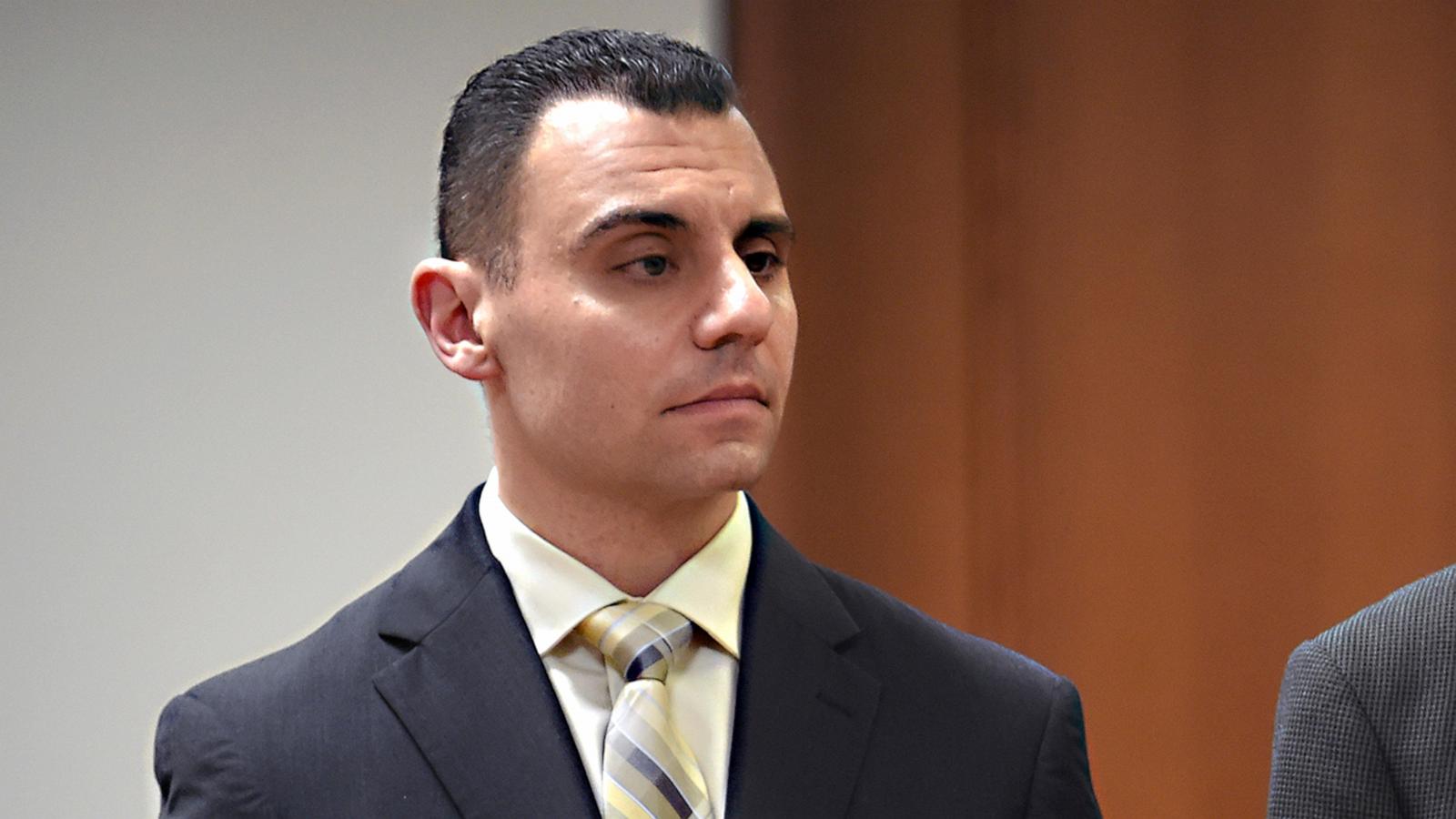Two U.S. legislators have introduced a bill that would give the FDA the ability to collect microbial samples at feed lots during foodborne illness outbreaks. Representative Rosa DeLauro, D-CT, and Sen. Cory Booker, D-NJ, want the Food and Drug Administration to be able to investigate foodborne illness outbreaks, or when… Continue Reading Food Policy & Law, Food Safety Leaders, bird flu, Cory Booker, FDA, feedlots, Food Safety Investigation Act, outbreaks, produce, Rosa DeLauro Food Safety News
Two U.S. legislators have introduced a bill that would give the FDA the ability to collect microbial samples at feed lots during foodborne illness outbreaks.
Representative Rosa DeLauro, D-CT, and Sen. Cory Booker, D-NJ, want the Food and Drug Administration to be able to investigate foodborne illness outbreaks, or when there is a public need, involving crops that are close to concentrated animal feeding operations (CFAOs). They say the investigative tool is also needed because of the spread of bird flu.
The bill is an expanded version of legislation already introduced in Congress. 2024 was marred by numerous outbreaks, according to DeLauro.
“It is past time for the FDA to have the tools it needs to be proactive, not just reactive,” the representative said.
“Factory farming is at the heart of the spread of bird flu. The reintroduction of this legislation comes as public health experts raise alarms about the ongoing threat of H5N1, avian influenza, as variations continue to mutate, and in addition to persistent foodborne illness risks.”
The main point of the legislation is to allow the FDA to enter CAFOs to collect samples for testing related to foodborne illness outbreaks. Foodborne pathogens from CAFOs have been linked to outbreaks involving fresh produce. Water runoff from the feedlots adjacent to irrigation canals has been found to be a cause of contamination of produce crops.
“It is clear that corporate consolidation has made our food system more vulnerable — not only to foodborne illness but also to emerging public health threats like H5N1,” said DeLauro.“This crisis is exacerbated by a weak FDA, which lacks the authority to properly investigate outbreaks and remove contaminated food from the market.
“Under current law, multinational corporations can obstruct FDA foodborne illness investigations, delaying critical public health interventions. That cannot continue. That is why I am reintroducing the Expanded Food Safety Investigation Act, which will ensure FDA has the power to investigate corporate agribusinesses, respond effectively to public health threats, and protect American consumers.”
Senator Booker issued a similar statement:
“Every year, thousands of Americans fall victim to foodborne illnesses. Currently, the FDA lacks the jurisdiction to investigate outbreaks and identify the sources of contaminated food stemming from animal agriculture. This bicameral legislation will reduce the prevalence of foodborne diseases by empowering the FDA and other public health agencies to properly respond to and investigate outbreaks when they happen and get contaminated food off our grocery shelves.”
Many non-profit groups that watch consumer issues are voicing support for the expanded legislation.
“The Expanded Food Safety Act would close a critical gap in our public health safety net by allowing outbreak investigators a chance to trace the source of outbreaks on large animal farms,” said Sarah Sorscher, Director of Regulatory Affairs at Center for Science in the Public Interest. “This common sense safeguard is long overdue and can help provide solutions to stop outbreaks at their source.”
Groups endorsing the legislation include the Antibiotic Resistance Action Center at The George Washington University, Center for Biological Diversity, Center for Food Safety, Center for Science in the Public Interest, Ceres Community Project, Chilis on Wheels, Consumer Federation of America, Consumer Reports, Earthjustice, Environmental Working Group, Farm Forward, Farm Sanctuary, Food and Water Watch, Friends of the Earth, Government Accountability Project, Iowa Environmental Council, KWT Consulting, National Sustainable Agriculture Coalition, Natural Resources Defense Council, PIRG, San Francisco Bay Physicians for Social Responsibility, Slow Food USA, STOP Foodborne Illness and Strategies for Ethical & Environmental Development (SEED).
(To sign up for a free subscription to Food Safety News,click here)




